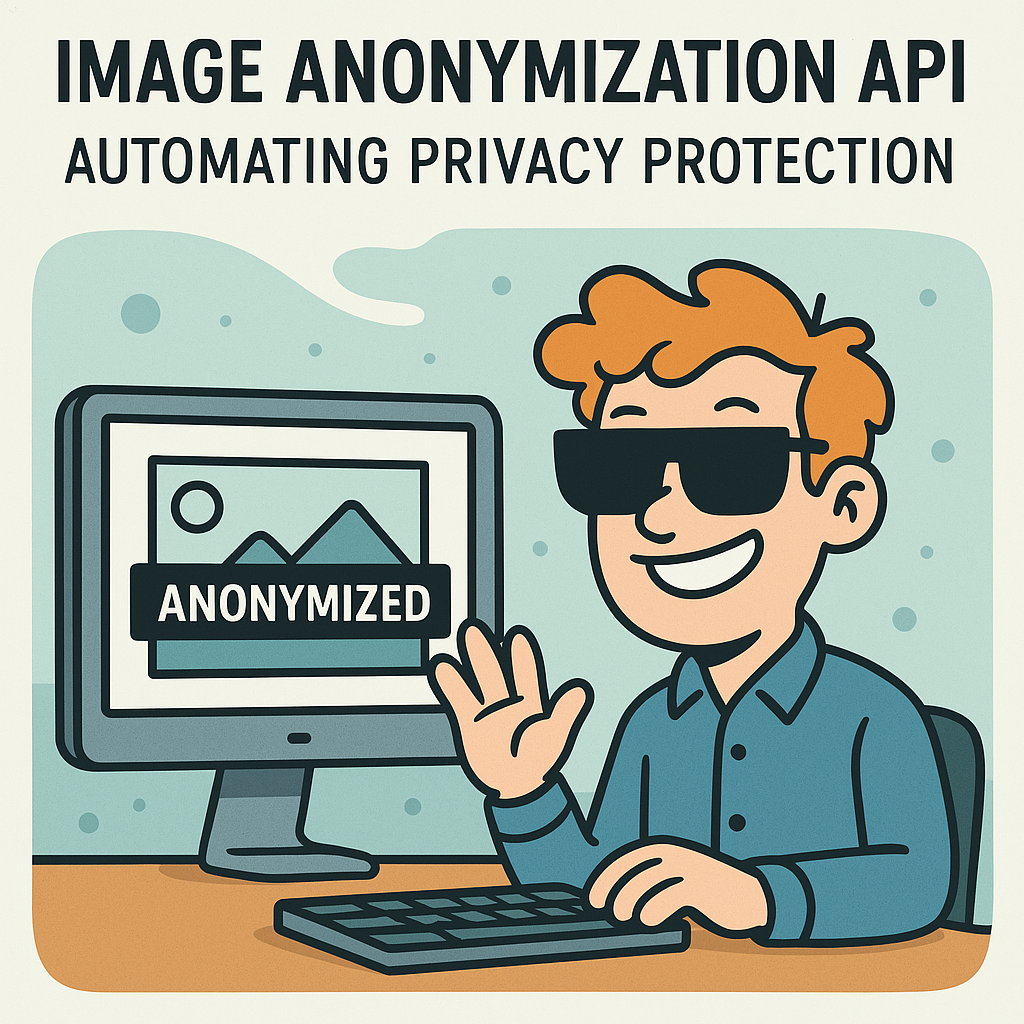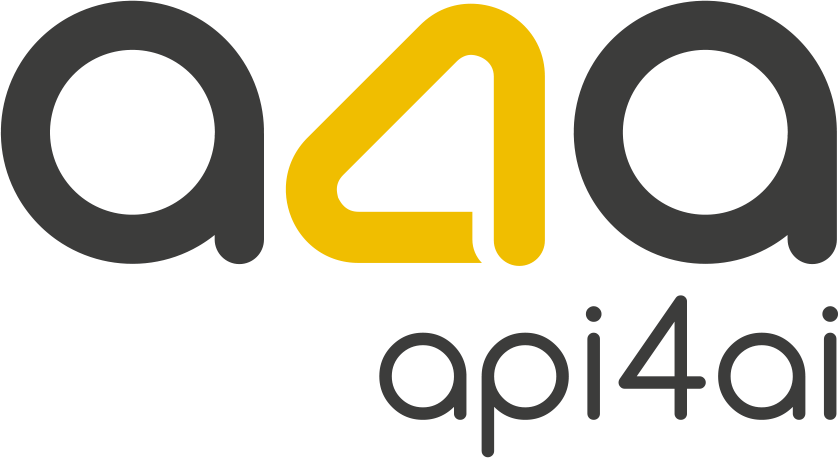
Image Anonymization API: Automating Privacy Protection
In an age where cameras are everywhere and visual data is collected at an unprecedented scale, protecting personal privacy has never been more important. From smart cities and retail environments to healthcare and academic research, images and videos often contain sensitive information such as faces, license plates and brand identifiers. Without proper handling, this data can expose individuals to risks and put organizations at odds with strict privacy regulations like GDPR and CCPA.
Image anonymization offers a reliable and scalable way to address this challenge. By using AI-powered tools to automatically detect and obscure sensitive elements, organizations can safely use visual content for analysis, sharing or public reporting — without compromising individual privacy. In this blog post, we take a deep dive into how automated image anonymization works, explore real-world use cases and share best practices for implementation. We’ll also look ahead at emerging trends like adaptive anonymization and highlight how cloud APIs can be combined with other image processing tools to build comprehensive, privacy-first solutions.

Why Developing Custom Software Could Be a Costly Mistake for Your Business
Choosing the right software solution can make or break your business’s growth and efficiency. While custom software development may seem like the ultimate answer, it often leads to hidden costs, scalability issues and delays. Ready-to-go APIs from providers like API4AI, Amazon Rekognition and Google Cloud Vision offer cost-effective, scalable alternatives that deliver proven functionality without the headaches of starting from scratch. With API4AI’s expertise in pre-built APIs and custom development, businesses can strike the perfect balance between speed, flexibility, and tailored solutions. Discover how to avoid costly mistakes and invest in smarter, future-proof tools today.
